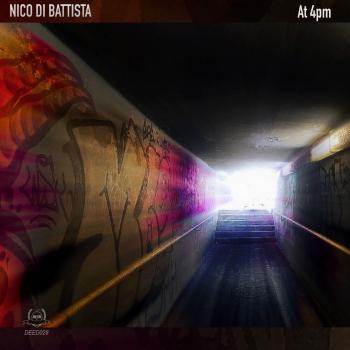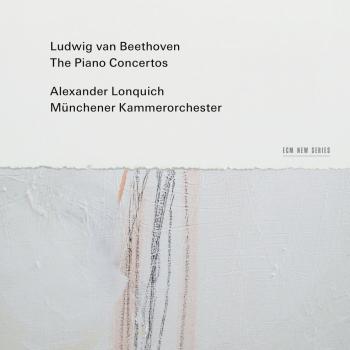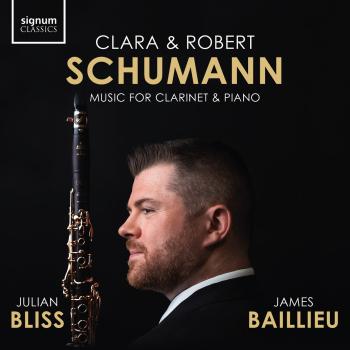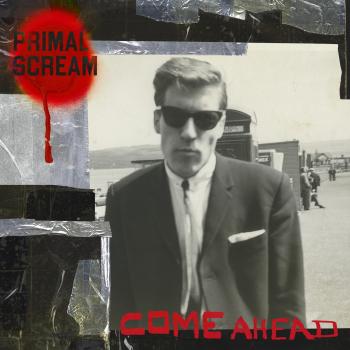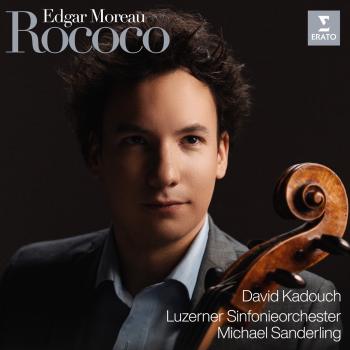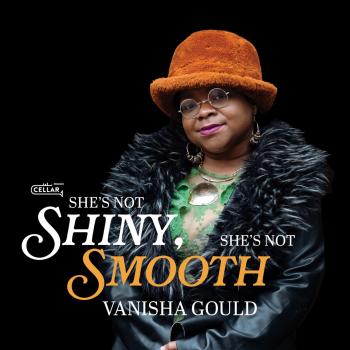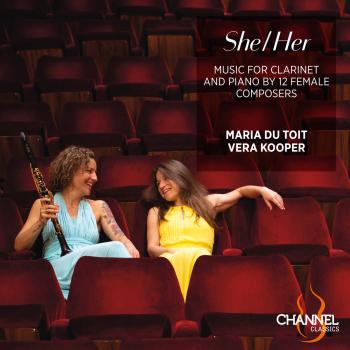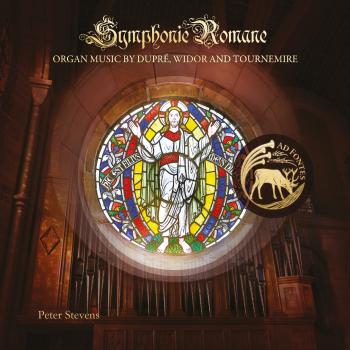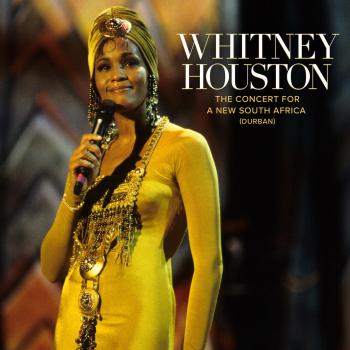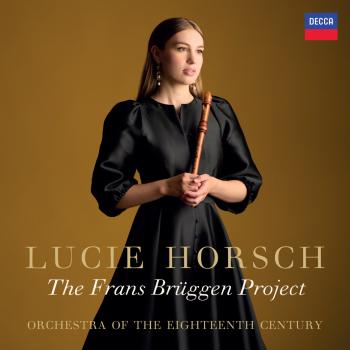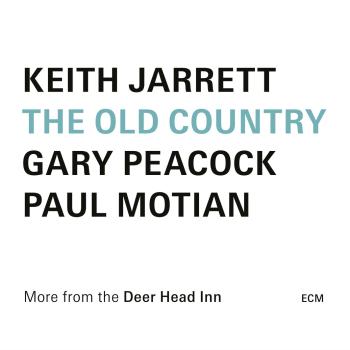
Jóhannsson: 12 Conversations with Thilo Heinzmann Echo Collective
Album info
Album-Release:
2019
HRA-Release:
20.09.2019
Label: Deutsche Grammophon
Genre: Classical
Subgenre: Chamber Music
Artist: Echo Collective
Composer: Johann Johannsson (1969-2018)
Album including Album cover Booklet (PDF)
I`m sorry!
Dear HIGHRESAUDIO Visitor,
due to territorial constraints and also different releases dates in each country you currently can`t purchase this album. We are updating our release dates twice a week. So, please feel free to check from time-to-time, if the album is available for your country.
We suggest, that you bookmark the album and use our Short List function.
Thank you for your understanding and patience.
Yours sincerely, HIGHRESAUDIO
- Jóhann Jóhannsson (1969 - 2018):
- 1 Manifest 06:11
- 2 Low 05:27
- 3 Stuk 02:27
- 4 Shell 02:33
- 5 Zurich 02:06
- 6 Harm 03:22
- 7 Lacrimosa 04:05
- 8 Pol 04:34
- 9 Form 02:46
- 10 Arc 02:01
- 11 Danse 02:38
- 12 Gold 03:13
Info for Jóhannsson: 12 Conversations with Thilo Heinzmann
Deutsche Grammophon to issue world premiere recording of 12 Conversations with Thilo Heinzmann – a twelve-movement string quartet by Jóhann Jóhannsson performed by Echo Collective.
Jóhann Jóhannsson’s sudden and untimely death in February 2018 put an end to his unique practice of bringing different art forms together. The Icelandic composer was known for his inventiveness in allowing music and literature, music and theatre, music and film to communicate with one another in his works, and for combining classical and electronic elements with original, profound and often melancholic results.
British philanthropist and art collector Richard Thomas was fascinated by this process of breaking down artistic boundaries. He came up with the idea of commissioning a work that would establish a dialogue between music and the visual arts, with neither form overpowering the other, and in which the production and interpretation aspects of each would blend together to create a single entity. Thomas already had an artist in mind for his project – Berlin-based painter Thilo Heinzmann. He in turn thought instantly of Jóhann Jóhannsson.
Thomas’s original inspiration had something of an ulterior motive – his conviction in the ideals of the European Union. Now he had an Icelandic composer based in Denmark working with a German painter on an idea originated by a British music-lover, a project which would later also involve the Brussels-based musicians of Echo Collective – all in all a reflection of the cultural unity which, for many, is central to the EU.
Over a period of four years, Heinzmann and Jóhannsson met up from time to time and engaged in a series of in-depth conversations about art, politics and their own lives. Working to, or rather with, a painting by Heinzmann, Jóhannsson composed a new work for string quartet, 12 Conversations with Thilo Heinzmann, which will be released by Deutsche Grammophon on 20 September, the day after what would have been his 50th birthday.
Commissioned by the Richard Thomas Foundation, 12 Conversations is both exceptional in and typical of the composer’s output. The Golden-Globe-winning Jóhannsson, who was born in Reykjavík in 1969, established connections not only between music and other artforms – almost standard practice among Icelandic artists of his generation – but also between different musical genres and eras. A brilliant auto-didact, who learned the trombone and the piano, and studied languages and literature at university before cutting loose to immerse himself in Iceland’s hugely varied and often raucous indie rock scene, he was constantly aware of the interplay between genres, between all times and sounds.
One of Heinzmann’s paintings adorned Jóhannsson’s studio wall as he worked on 12 Conversations, a score of absolute purity, written just for string quartet and entirely devoid of electronic elements. It is, in a way, a pattern book of his musical craftsmanship, which – in the light of his early death and the realisation of what he might yet have been capable of writing – gives serious pause for thought.
The work’s dozen movements amount to a creative union of Jóhann Jóhannsson’s personal expression and the influences that shaped his musical language. These conversations involve a dialogue not only with Thilo Heinzmann’s art but also with the spirit of musical Minimalism past and present. Echoes of simple Baroque ground-basses and sustained affects range across the composition’s expressive universe, at times used to build hypnotic states of high tension, at others to open a still space for inner reflection. There’s room, too, for laments and elegies – reminders of our mortality – and for melancholy dances. After exploring the infinite possibilities of tonal textures and sound colours in so many of his works, Jóhannsson creates a new expressive world in 12 Conversations. The string quartet’s intimacy and the direct, heartfelt emotions of simple melody, stripped bare of electronic or digital clothing, set this album apart from his earlier releases.
12 Conversations seems tailor-made for the Echo Collective players heard on this recording – violinists Margaret Hermant and Sophie Bayet, viola-player Neil Leiter and cellist Thomas Engelen. The musicians of this ensemble have made a name for themselves as genre-defying pioneers, dismissive of any barriers between classical and diverse musical genres. They have worked with contemporary artists such as Dutch pianist Joep Beving and A Winged Victory for the Sullen.
Jóhann Jóhannsson worked with them for three years on an earlier work, Orphée, and came to admire them greatly because, he said, they understood that apparently simple music is not to be taken lightly, that its dynamics and expressive aspects require absolutely precise calibration. Shortly before his death, he invited them to help him realise a definitive edition of 12 Conversations. In the event, they were tragically deprived of the opportunity of discussing the finer points of the score with him, instead basing their interpretative decisions on the conversations they had managed to have with him about the work.
Premiered in London in 2016, 12 Conversations with Thilo Heinzmann as now recorded by Echo Collective, forms part of Deutsche Grammophon’s ongoing celebration of Jóhannsson’s life and work. The Yellow Label’s tribute began with the release of Retrospective I, the first of a two-part edition comprising his most significant compositions. Retrospective II and a number of previously unrecorded works and unissued recordings are set to follow at a later date.
Echo Collective
Echo Collective
Their music has been described as “post-classical”, “neo-classical”, or “non-classical”, but the exact label is of little importance to Neil Leiter and Margaret Hermant, aka Echo Collective.
Orchestral instrumental music has broken from the classical establishment to assert itself among more contemporary genres in new and innovative ways. Leiter and Hermant have witnessed this evolution first-hand, having worked with some of the genre's leading players, both in the recording studio and in concert worldwide.
Echo Collective's members are indeed all classically trained, but in practice this does not define their work or limit their sources of inspiration. As Leiter puts it:
“We come at it from the classical side, bringing our understanding to the neo-classical world; a lot of these people are not from a classical background but are essentially writing classical music, so we are able to bring our training to bear to help bring their music to fruition”.
The group is united by a belief that their musical training is not a signifier of some culturally superior and impenetrable realm, but a set of transferable skills that can enhance any music with the correct approach. And this principle can be heard running through Echo Collective's work.
Echo Collective was conceived when Hermant and Leiter met while working with Adam Wiltzie and Dustin O'Halloran's A Winged Victory For The Sullen. The American-born Leiter was introduced to Wiltzie by their mutual friend, the Pulitzer Prize-winning composer and musician Caroline Shaw. Hermant, a Belgian violinist and harpist, was recruited onto the same project.
Initially, they were essentially players for hire for live shows, extensively touring the first album. It was not until the Atomos soundtrack project was commissioned that they became much more deeply involved. The two musicians proved to be a vital part of Atomos: recording, orchestrating, fleshing out musical ideas, preparing performances with the Wayne MacGregor Dance Company, and eventually touring the live show culminating at the Royal Albert Hall in London for the BBC Prom concert curated by DJ Mary Anne Hobbs.
Throughout, they were simultaneously working on related projects: Wiltzie's much revered other duo project Stars Of The Lid, O'Halloran's solo work, and with Icelandic composer Jóhann Jóhannsson.
Throughout the mid 2010s, the atmospheric sounds these acts were playing achieved mainstream recognition. AWVFTS affiliates, such as Nils Frahm, Peter Broderick and Ólafur Arnalds gained huge followings, while composers like Jóhannsson made ever deeper inroads into Hollywood, scoring such films as Arrival and A Theory of Everything, the latter for which he received an Oscar for best original score.
Over the course of these projects, Hermant and Leiter began to develop an artistic relationship that would ultimately lead to the creation of Echo Collective.
Their work with Jóhannsson in particular would have a profound effect on their own music, something which was emphasized by his unexpected passing as they were helping him finish the composition of the Quartet. In his music, Echo Collective's musicians found a certain freedom which allowed them to create without feeling constrained by reference standards or critical comparisons, whilst still producing the same emotion and meaning they understood him to be seeking.
Echo Collective were eventually invited by Kurt Overbergh of the Ancienne Belgique concert hall in the heart of Brussels for a concert residency which allowed them to develop their own material. There, they experimented with their own compositions and improvisations
and even interpretations of black metal records, quickly discovering that they had a musical voice of their own: one which retained the spacious, contemplative accessibility of the music they'd been making with others, but which reflected their own personalities
and experiences too.
And it was their arrangement of Radiohead's Amnesiac which grabbed the attention of German music hub !K7's new sub-label 7K! - who have signed them for a two album deal: first to release the
Amnesiac reinterpretation, then for a record of Echo Collective's own compositions.
They have also been signed for publishing by Mutesong, which led to a hook-up with Mute mainstays Erasure, rearranging and re-recording their latest album World Be Gone. Alongside the seminal Andy Bell they created World Beyond.
This ability to flow easily from black metal to Erasure, Radiohead to Stars Of The Lid defines Echo Collective and its musicians. Without prejudice, without over-reverence, without holding itself hostage to genres and their boundaries - but always with utmost seriousness
- they take on challenges set by others and put their own mark on them, digging for the musical motifs that work for them.
Most recently, they collaborated with Dutch composer Joep Beving - one of the world's most streamed pianists - to tour his album Henosis, forming with him a relationship as pure, positive and
trustworthy as they had with Jóhannsson, Wiltzie and others.
On the rise of orchestral music, and the occasional resistance it has faced, Hermant says:
“In a sense it's actually more important than ever to have music that is peaceful, that you can unwind to, given that we're living in this time of hyper-technological stimulation. But more than that, this is music that allows people to let go and feel their own true emotions – which can sometimes lead to some very intense responses.”
Booklet for Jóhannsson: 12 Conversations with Thilo Heinzmann

